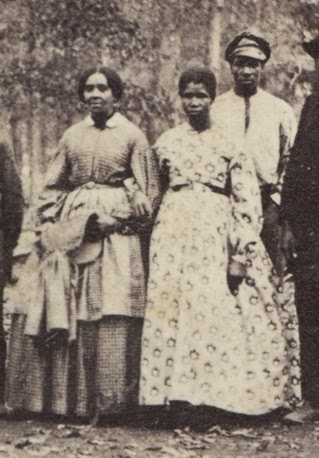Photo credit: Massachusetts Commandery Military Order of the Loyal Legion and the U.S. Military History Institute
Rape in the American Civil War: Race, Class, and Gender in the Case of Harriet McKinley and Perry Pierson
Abstract:
In a period that shook and uprooted many social institutions, the study of rape in the Civil War can reveal a wealth of information on how social ideologies began to change as a result. After all, rape is the quintessential expression of patriarchal control over women’s sexuality. Since sexual practices, ideologies, and definitions are cultural constructs created by the specific social forces active at a particular point in history, experiences of sexual power are based on factors of gender, race, and socioeconomic status. In this essay, I analyze the court-martial case of Perry Pierson and Harriet McKinley in which a white man was charged for the rape of a black woman during the Civil War. In doing so, I will explore how the intersections of race, class, and gender are represented in this trial. I argue that this case illustrates the first chance for black women to pursue legal justice for crimes against them. By situating this case in a broader framework of 19th-century incidents of rape and rape trials, I also show that the experiences of women and men involved in rape trials shifted due to the social changes caused by the war.
Maureen Stutzman, SUNY Albany
